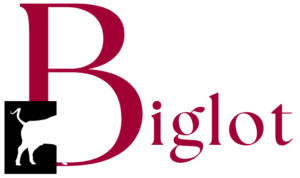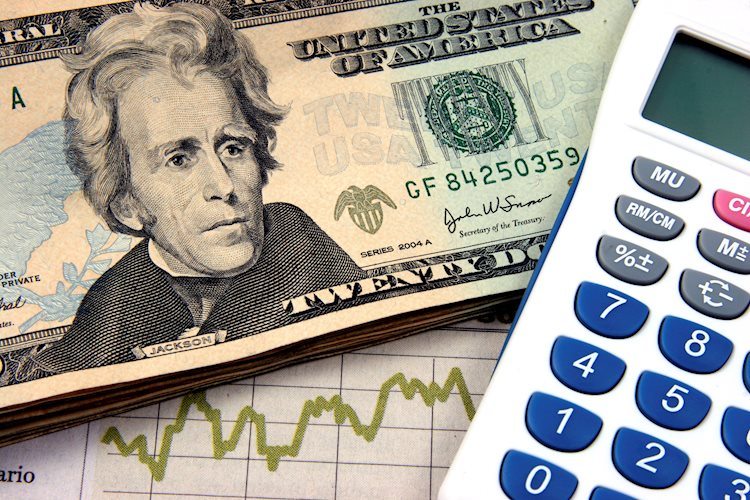Business activity in Japan is growing at its fastest pace in almost a year, indicating that economic growth may recover in the second quarter after a decline in the first three months of the year. However, inflationary pressure continues to ease, raising doubts about the Bank of Japan’s ability to continue raising rates without plunging the economy back into deflation.
The Jibun Bank Japan flash composite PMI index rose to 52.4 in May, marking the fastest growth in activity since August 2023.
At the same time, the general recovery is accompanied by rates of input cost and output price inflation both easing in May. According to S&P Global, this preludes “softer inflationary pressures across official gauges.” Just an hour after the report was released, the BOJ announced that purchases of Japanese government bonds will remain unchanged in upcoming operations, refraining from making a further reduction. Earlier this month, markets had expected the BOJ to both raise rates and reduce bond purchases, so this news represents a small change in previous forecasts, thereby increasing bearish pressure on the yen.
The nationwide Consumer Price Index for April was set to be published on Thursday night, and core inflation was expected to slow from 2.6% to 2.2%. If the data’s results are close to forecasts, the USD/JPY pair may rise, as this will reduce the likelihood of a BOJ rate hike amid easing inflation.
The net short JPY position has decreased to -10.5 billion, marking the third consecutive week of decline. Regardless, speculative positioning remains firmly bearish, and it is still too early to count on a long-term reversal. The price is below the long-term average and is heading downwards.
The likelihood that USD/JPY formed a long-term high of 160.20 on April 29 is increasing. The pair stopped rising due to a powerful currency intervention by the BOJ (reportedly involving $60 billion). However, over the past three weeks, the yield on 10-year Japanese bonds has closely approached 1%, reflecting the market’s reassessment of its prospects on the future interest rate.
We expect the pair to reverse before it approaches 160, so the most reasonable strategy at this stage is to sell on rallies in anticipation of a long-term reversal. The nearest target is 153.40/60, with a local low at 151.78. Consolidation below this level will reinforce the bearish sentiment.












